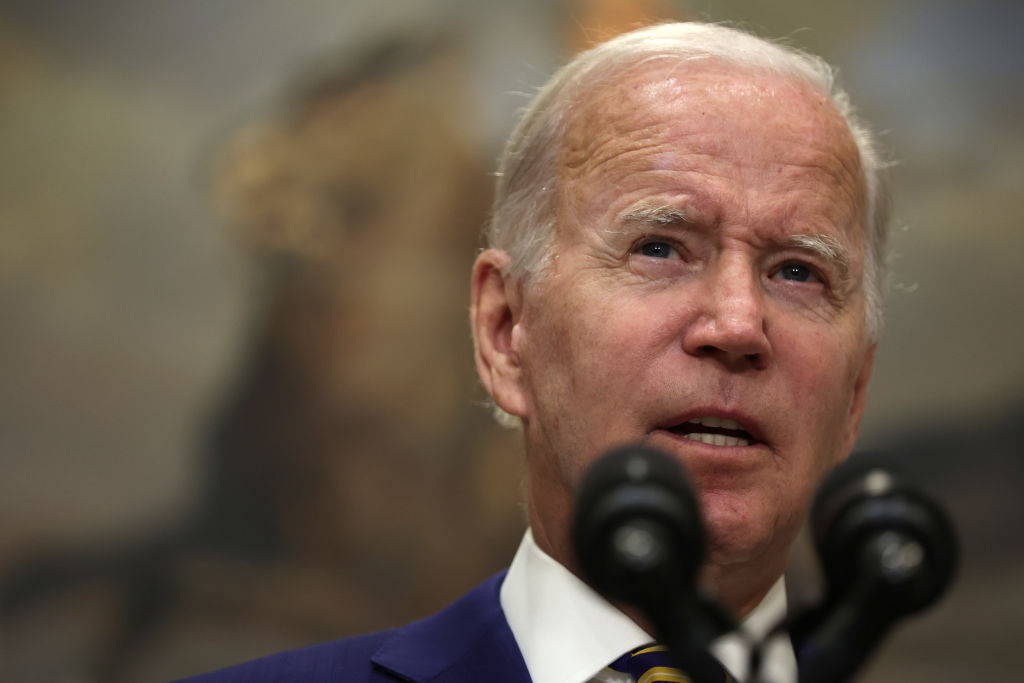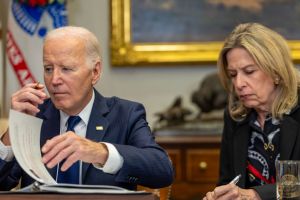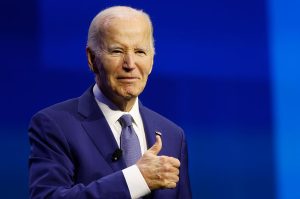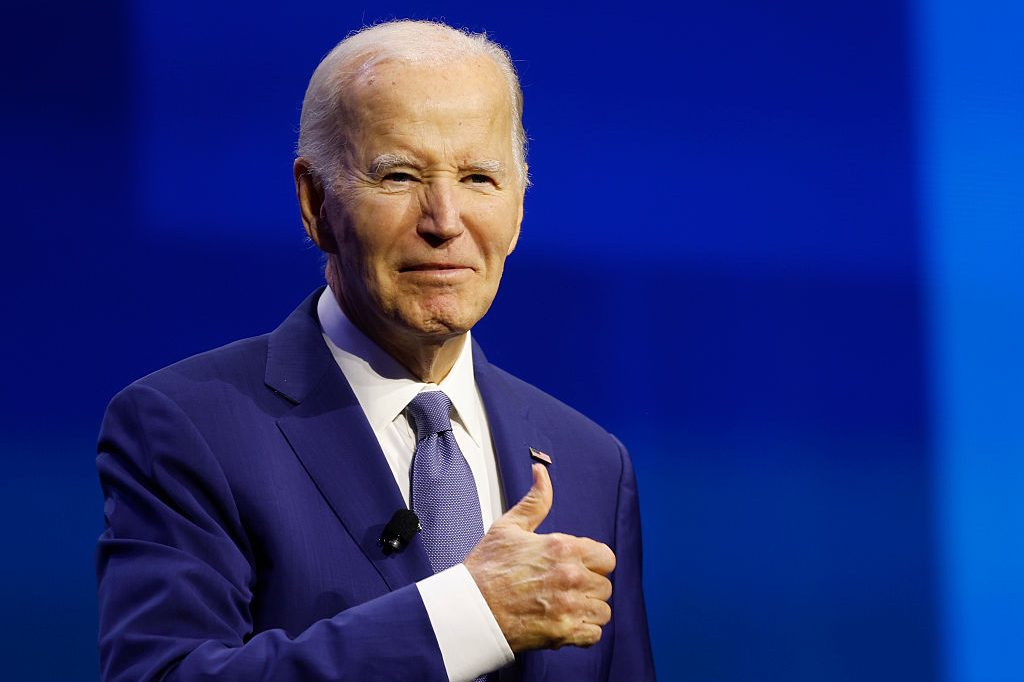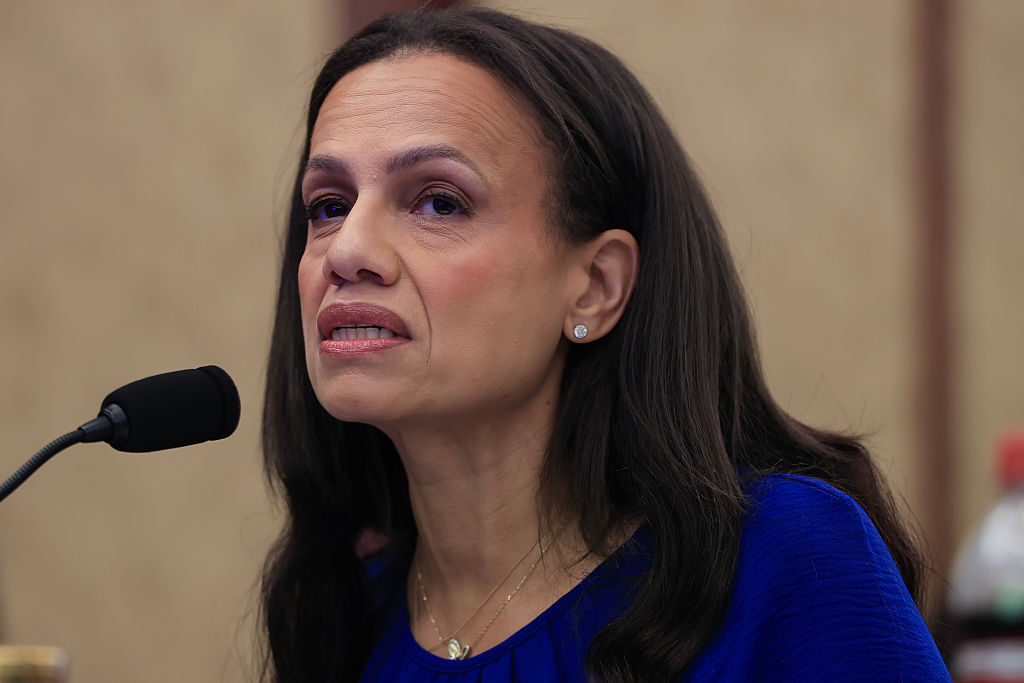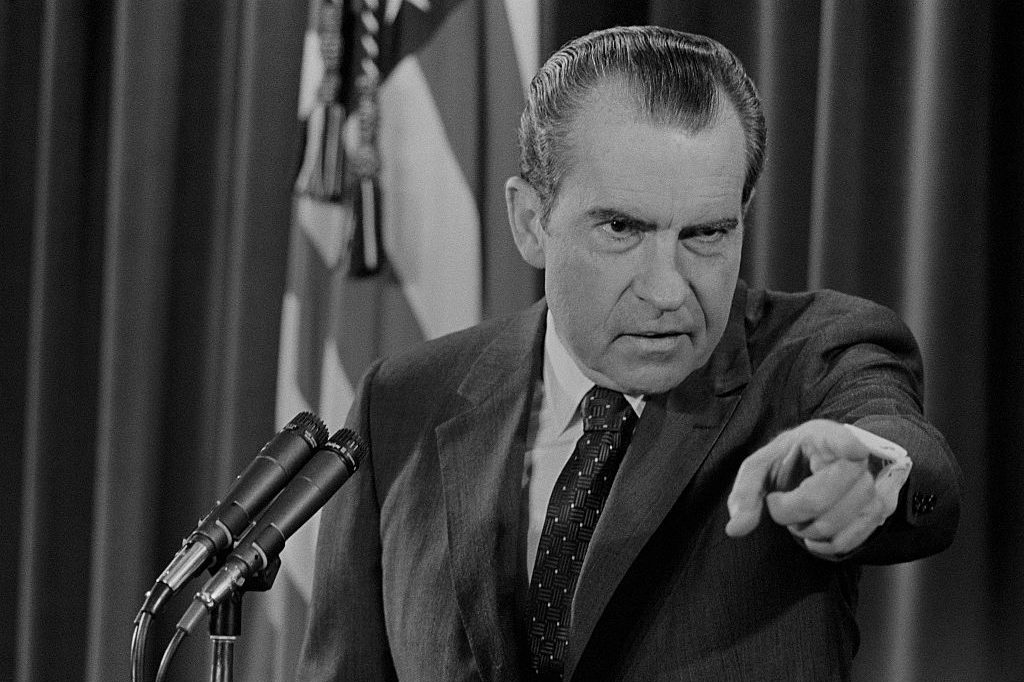It is a truth universally acknowledged that if you rob Peter to pay Paul, you can count on Paul’s vote. That political axiom is the crux of Joe Biden’s decision to forgive vast quantities of student loan debt. He needs Peter’s and Patricia’s votes, and he is bribing them with taxpayer money. Taxpayers know it is not a costless gesture. Their backlash is likely to overwhelm any potential gains.
The problems begin with the program’s cost and inflationary impact. Spending another $300 to $900 billion, the estimated cost, raises consumer demand without increasing supply. Since the program is not funded by tax increases, it will be paid for by printing money. The inflationary consequences are predictable.
Democrats wave away these costs by noting, correctly, that loan forgiveness doesn’t start until next year and won’t happen all at once. Still, the program underscores the most consistent element of the Democrats’ domestic agenda. They are determined to spend, spend, spend. Voters correctly link that spending to inflation and to their own declining standard of living. They see inflation as a tax on everyone, and they know wages have not risen enough to offset that tax. Reminding everyone that inflation is linked to excessive federal spending is not smart politics. But that’s exactly what Biden’s loan forgiveness does.
Second, the program is regressive. That is, it helps middle and upper-middle class recipients, and those who are rising through professional ranks, much more than it helps those lower down the income ladder. The forgiveness covers couples making up to $250,000. That has two political effects, beyond the early Christmas present to those fortunate recipients. The most obvious is that it undercuts the Democrats’ most prominent claim for the past century: “We are the party of everyday, working-class people, and those Republicans are the party of the rich.” In practice, the parties’ compositions have been shifting for some time, and this program of student loan forgiveness underscores the tectonic change.
It’s not just Republicans who object to the gift. Some faithful Democratic voters do, too, though many of them say the $10,000 cap is too small. The NAACP voiced those concerns immediately by stating that this loan forgiveness does little to help most blacks. As the Hill’s headline put it, “NAACP President Bashes Biden’s reported plans on debt relief.” The organization’s president, Derrick Johnson, drove home his point by arguing that Democrats only win elections because they win the votes of so many black votes, especially those of black women. Oddly, Johnson didn’t object because so many blacks receive poor public education and never attend college. No. He wanted even more college debt relief, saying $10,000 wasn’t enough for black students. Progressives like Elizabeth Warren, Alexandria Ocasio-Cortez, and the Squad also wanted a much bigger program, with up to $50,000 forgiven for each student.
The Democrat Party’s predictable response is that “this is just a start” and “we have other programs to help.” Still, the loan forgiveness program, like big rebates for expensive electric cars, shows how hard it is for Democrats to please their party’s divergent constituencies. It’s hard to craft policies that please both poor minorities and rising young professionals. That difficulty is becoming especially clear as Democrats lose their dominant position among Hispanics, who object to open borders, rising crime, progressive social policies, and their subordinate position behind African Americans in the party’s political pecking order.
Third, this massive program of loan forgiveness runs smack into the Constitution’s basic logic, which requires that Congress explicitly approve any taxes or expenditures. Whether the president can authorize such a massive spending program on his own, without congressional approval, will ultimately have to be decided by the courts (if anyone has the legal standing to sue the Biden administration). Whatever the courts decide, however, it should be clear that large spending by presidential fiat is yet another step in the growing, unchecked power of the executive branch, overriding the Constitution’s core logic that federal powers must be shared among the three branches.
The same trend, sidelining Congress’s constitutional power, is apparent in international agreements. The single most important agreement of the Obama presidency, the Iran nuclear deal, was never approved as a “treaty.” Obama simply called it an “agreement.” Biden will do the same if he concludes a deal with the mullahs. So much for the Senate’s treaty power, which is a formal feature of the Constitution. Why didn’t Woodrow Wilson think of that in 1919? He could have avoided all that unpleasantness over the Versailles Treaty. Just call it the Joint Versailles Agreement.
Finally, there’s the problem of “moral hazard,” as economists call it. The easiest example is fire insurance. If my building is worth only $1 million and I somehow manage to get it insured for $5 million, I don’t have much incentive to protect it against fire. Quite the opposite. That doesn’t necessarily mean I commit arson, although I might. But it definitely reduces my incentive to hire a night watchman and install smoke detectors and sprinklers. Likewise, when Ronald Reagan forgave millions who entered the country illegally, he increased the incentives for others to cross illegally in the future, figuring that they, too, might be forgiven. Forgiving student loans creates similar incentives, to borrow more than you can handle in the hope that Uncle Sam will come to your rescue.
The bigger problem, ethically and politically, is what Biden’s policy says to people who played by the rules and took responsibility for their actions. They paid their own debts or never incurred them because they skipped college and became plumbers or electricians. Democrats hope those poor suckers are outnumbered by young, white-collar voters with student debt who appreciate the gift. Republicans will remind everyone else that there’s no free latte. If you want one, you should pay for it yourself.



